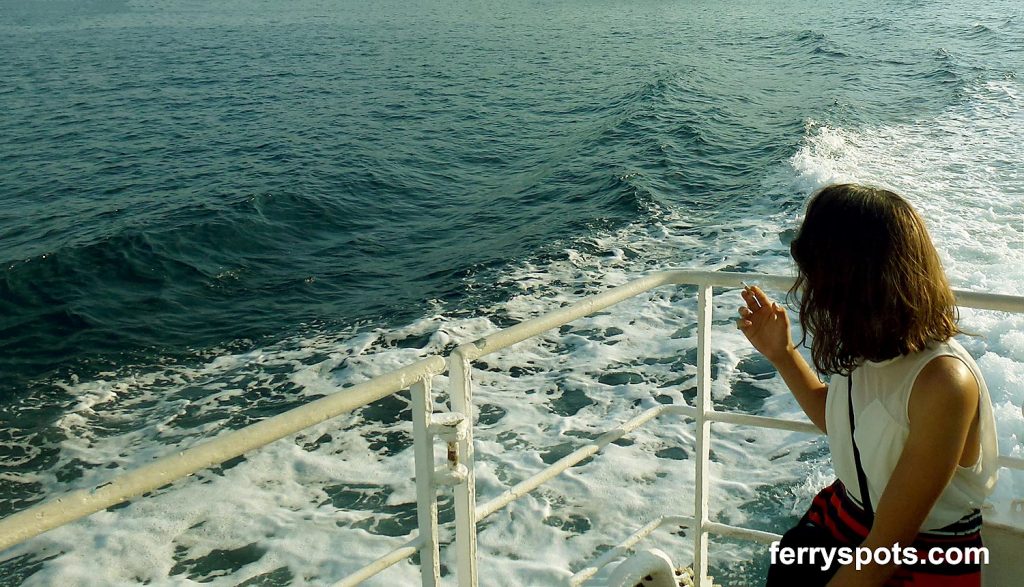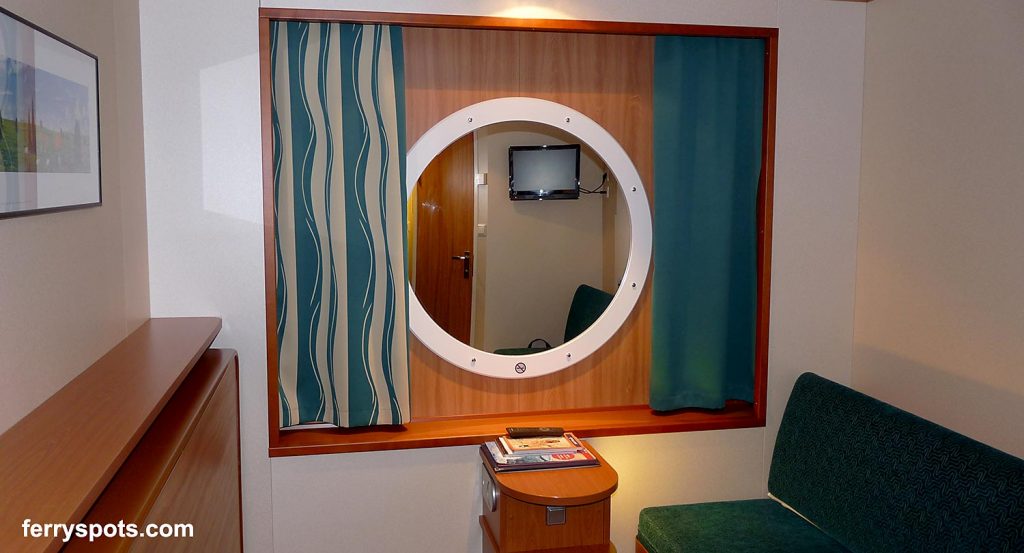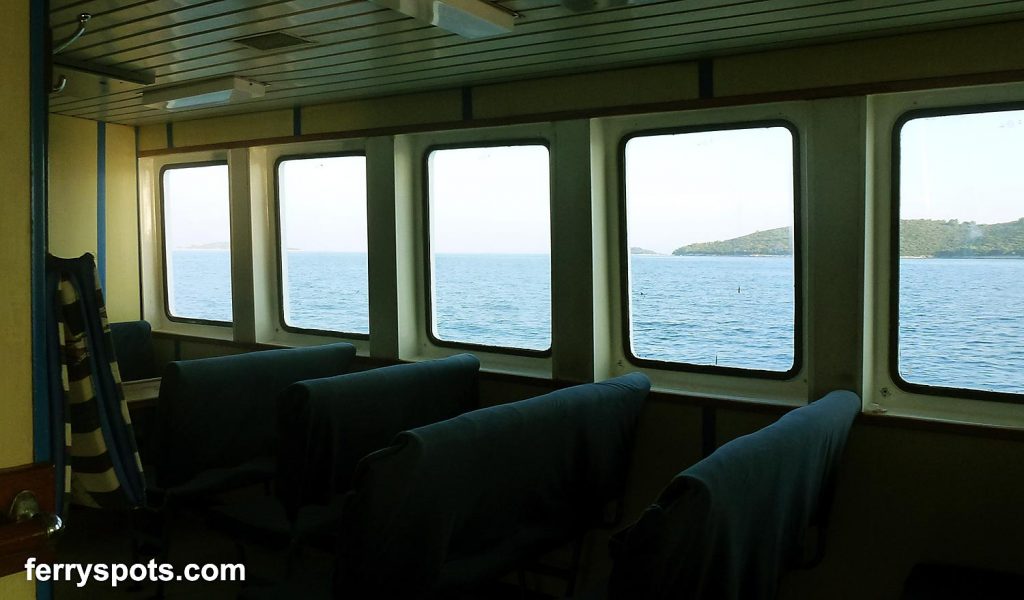Overnight Ferry Travel Tips
Travelling by overnight ferry to your destination can be great fun if you get well-prepared in advance. Leaving things for the last minute is a not good choice as you may end up not enjoying your overnight crossing and the following day you will be too tired to focus on the sightseeing or your further travels.

Here are some tips to consider for the best way to get prepared for your overnight crossing:
Booking Overnight Ferry
The most important thing about booking an overnight ferry is to consider well in advance what are your sleeping options.

The basic ferry ticket is always just for a deck passenger which means that you will get no guaranteed seat or bed in a cabin.
If your overnight ferry trip is long you should consider paying more and booking the cabin or if your budget is limited, at least book a berth in a shared cabin. A sleeping pod (if available) is also a good choice for budget travellers (see video below)
Most of the overnight ferries also offer reclining seats which can be an option to consider although spending all night on the seat is something that is not recommended.
If you choose not to book sleeping accommodation, you will be forced to spend a night kind of camping on the seats inside the ferry’s living room or on the outside deck. See more general car ferry tips.
Booking Process Tip
When booking an overnight ferry, in the booking calendar you can choose whether to enter the departure date or the arrival date (or time indeed). I usually try both before deciding which crossing to buy. Sometimes it works better for me particularly in the case when I also have to book a hotel or adjust the further travel.

Onboard accommodation: How to choose a ferry cabin?
Again, that depends on your budget. Outside cabins with windows and private bathrooms cost more than the bed in an inside shared cabin with a shared bathroom. Some ferries offer several cabin options while on more basic ferries your choice is limited. Whichever ferry you are travelling by my advice is to get any cabin available. This is a better choice than not having a cabin at all. Tips about how to choose ferry cabins.
Where to Sleep on a Ferry if you Don’t Have a Cabin?
In case you choose not to book a cabin or all cabins are already taken, you have several options to consider:
- Sleeping Bag – get a sleeping bag and find a quiet corner in the ferry lounge where you can make yourself comfortable for a night. In warm climates decks are also good to sleep on.
- Cabin Booking Cancelations – arrive early in the port, and get in touch with a member of the ship crew or ship accommodation office to put your name on the waiting list for the last-minute canceled cabin bookings. Sometimes you will get just a bed in the shared cabin. Take what is available.
- Camping on the ferry – Although it is most likely that you will not be allowed to sleep in your car (if you have one) and the deck or lounge option is your only choice, some ferry companies have facilities for camping on the ferries. Get in touch with the ferry company to check if you are lucky to get this option.
- To get prepared, and learn what to pack for an overnight ferry check what to wear on a ferry article
Video – Sleeping pods on a ferry
What to do on the overnight ferry crossing
Overnight ferry crossing can be great fun and is one of my favourite travel options. To enjoy it fully, you have to get well prepared and book your accommodation well in advance to make sure you are comfortable on a long journey. Once you board in and check in to your cabin, the fun can start.
Explore the ship from one end to another along with all inside lounges with available public access as well as all outside decks. From different places on the ferry, you will see various relaxing seascapes and coastlines if your ferry sails near the coast. (video)
You can admire the views out to sea, watch a sunset, spot the light of the lighthouses and observe the stars if the sky is clear while listening to the sounds of sea waves.
On larger overnight ferries there will be restaurants, duty-free shops, cafes and bars. On more luxurious ferries, the cinema, casino and free WIFI are also on offer.

Morning Routine
Try to get back to your cabin early as most probably, your overnight ferry will dock at the arrival port very early the following morning. You will enjoy your overnight sleep as sea air promotes restful sleep and is well-known as a sleep enhancement hack.
Following morning, usually about 45 minutes prior to docking you will hear the announcement about arrival in the port.
It is a good idea to put an alarm on your phone for about this time to give yourself enough time (and space) to get prepared to disembark.
If your intention is to have breakfast on the ferry, you need to get up earlier. The ship crew was working all night so your breakfast will be ready very early in the morning. It is a long-established habit on the ships that all meals are prepared well in advance which allows the crew to focus on arrival, departure, navigation and other tasks.
Pick up your luggage, carefully follow the passenger announcements and get ready for passport control if your crossing was to another country.
When told, exit the ferry and proceed to passport control and out of the ferry terminal.






